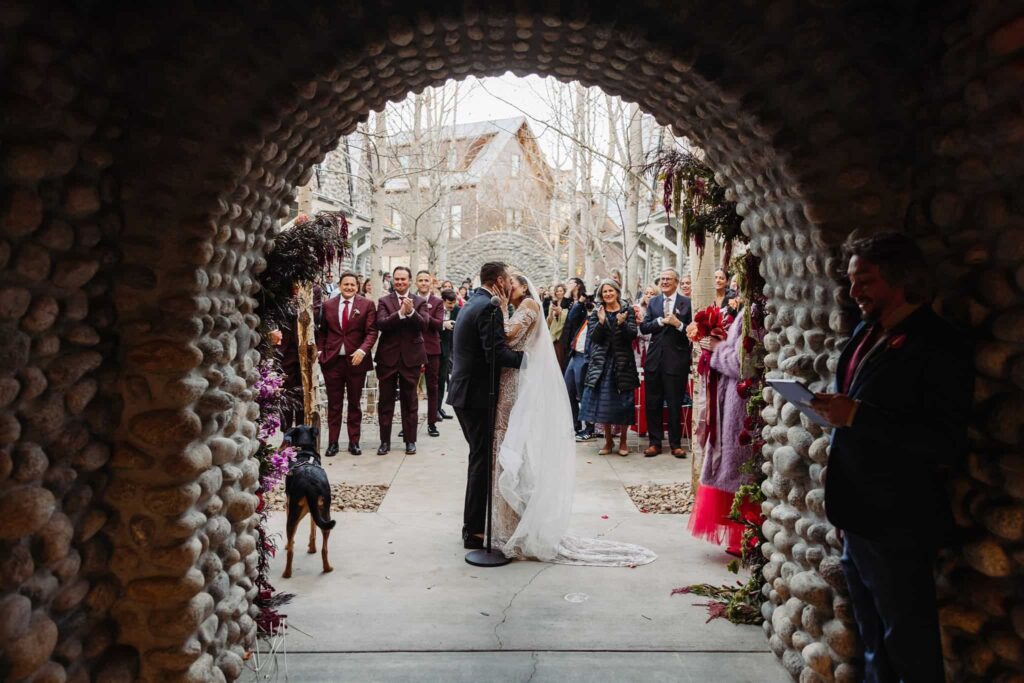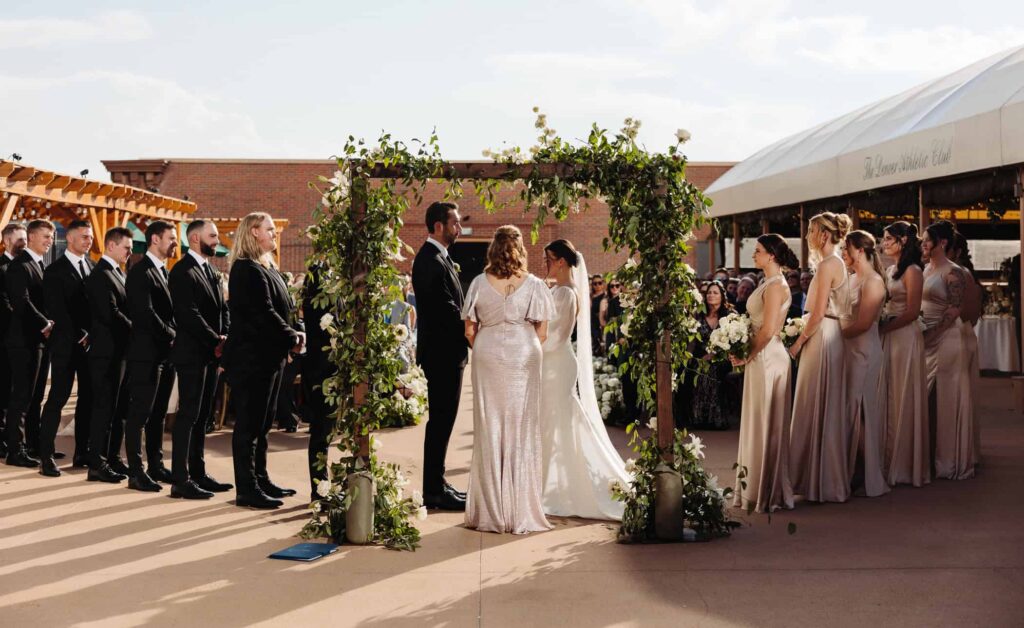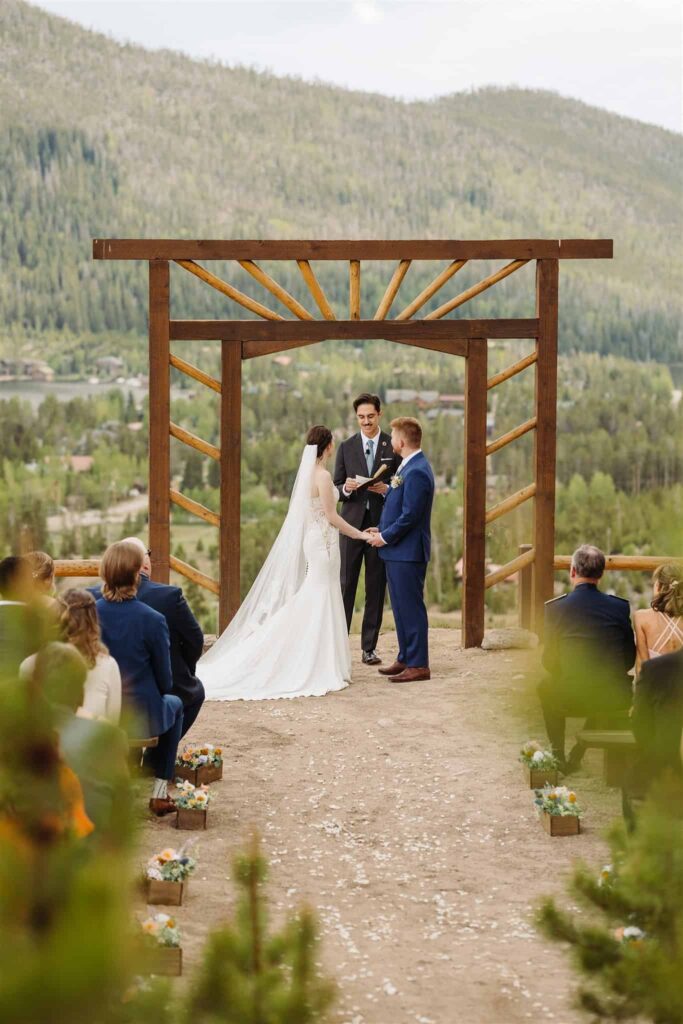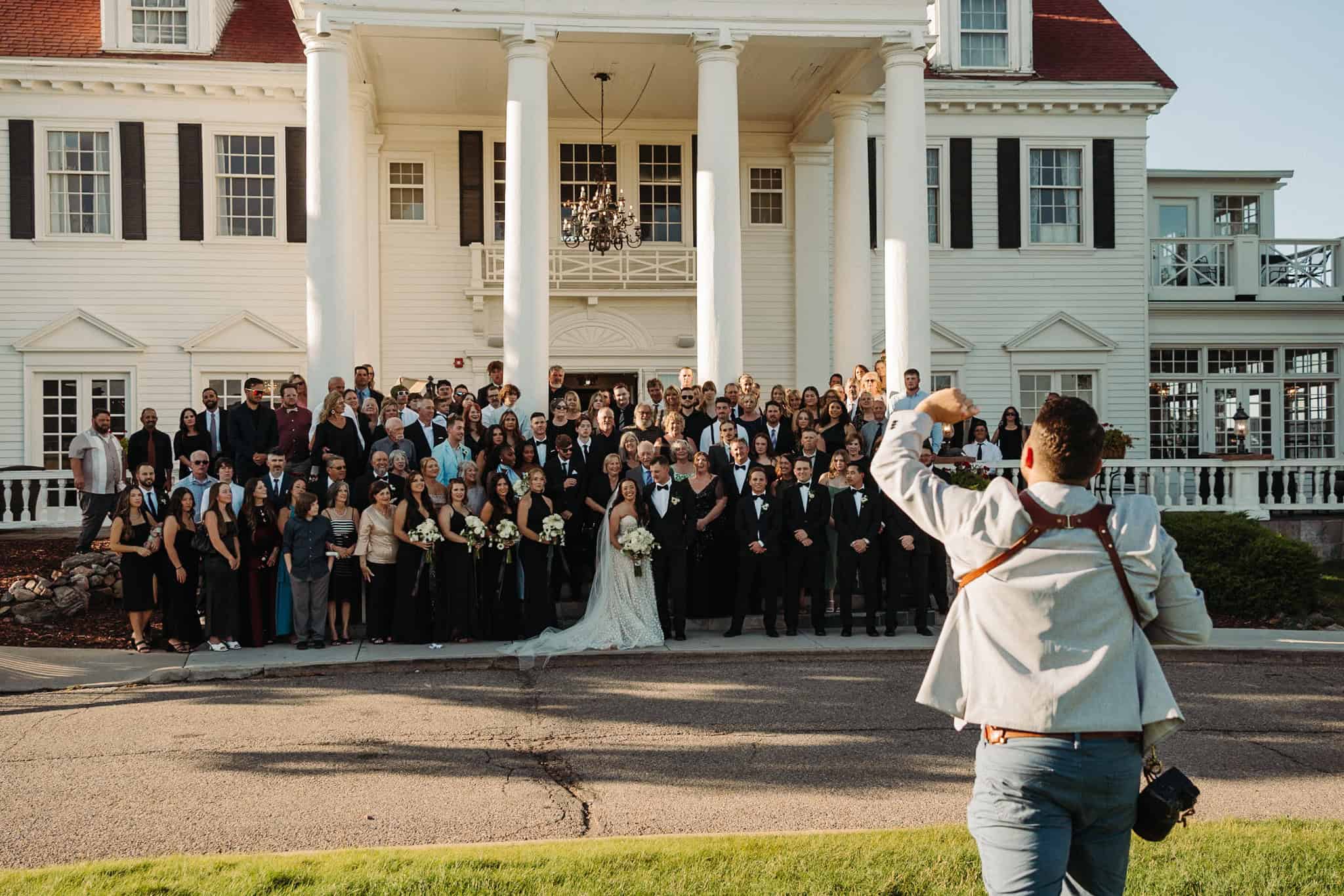Why Every Wedding Photographer Needs a Second Shooter Contract
Having a second photographer on a wedding day can make a huge difference. They’re not just there to get extra angles—they help streamline the day, especially when logistics start to stack up. Most often, I’m with one nearlywed while they’re getting ready, and my second photographer is with the other. It’s a simple way to make sure both sides of the story are captured with care, without rushing back and forth.
But as helpful as they are, second photographers also introduce new variables—and with them, new responsibilities. That’s why having a clear and well-written second shooter contract is so important.
Whether you’re hiring someone you’ve worked with for years or bringing on someone new, a second photographer agreement protects your business, sets expectations, and keeps your workflow running smoothly.
It’s not about trust—it’s about clarity
If you’re used to working with friends or long-time collaborators, a contract might feel overly formal at first. But clarity doesn’t mean you don’t trust someone. It just means you’re on the same page.
A second photographer contract ensures that nothing is left up to chance. No assumptions about image usage, delivery timelines, or payment terms—just a clear understanding of how you’ll work together and what you each bring to the table.
It makes things easier not just for you, but for the second photographer as well. Everyone knows what’s expected, which helps the day run even more smoothly.

What can go wrong without a contract?
Without a contract in place, there’s room for confusion—and that confusion can affect your client experience or put your business at risk. Here are a few ways I’ve seen that happen:
- Image usage and credit: Can your second photographer share the images they took? If so, when and how? What kind of credit do they need to give?
- Payment questions: Are they being paid hourly or at a flat rate? Will they be reimbursed for travel? When will they get paid?
- Client boundaries: Without a clear non-solicitation agreement, what’s stopping them from contacting your couple directly or promoting their own services?
- File delivery: Will they be delivering RAWs or JPEGs? Are they handing over memory cards or uploading to the cloud? What’s the deadline?
Even with the best intentions, things can fall through the cracks. A second shooter contract keeps everything above board—and that’s one less thing to worry about during busy season.
What to include in your second shooter contract
It doesn’t need to be overly complicated, but a well-drafted agreement should cover a few essentials:
1. Wedding date, location, and timeline
Make sure the contract clearly states the wedding date, locations, and the times you expect your second photographer to arrive and leave. This avoids miscommunication on coverage windows.
2. Compensation and payment terms
Include the rate you’re paying them, how and when payment will be made, and whether travel costs or lodging (if applicable) are covered.
3. Image delivery expectations
How and when do you want the images? Should they hand over memory cards at the end of the day, or deliver files digitally? What format—RAWs, JPEGs, or both?
4. Copyright and image usage
Most lead photographers retain full copyright, meaning the second photographer is working under your brand. Be clear about what they can and can’t do with the images. For example: are they allowed to post them on social media? When? With what kind of credit?
This becomes especially important if you plan to submit the gallery for publication, as many blogs require exclusivity.
5. Confidentiality and client contact
Your contract should include a non-solicitation clause, stating that the second photographer won’t promote their own business to your clients or contact the couple directly. It helps protect your relationship with the couple and your reputation as a business.
6. Professional expectations
This is where you can spell out dress code, communication during the day, and general professionalism. If there are certain values or behaviors that reflect your brand, include them here.
7. Gear requirements and backup procedures
If you require dual card slots or certain lenses, state that upfront. If they’re responsible for backing up files before delivery, include a clause about that too.
8. Cancellation and emergencies
What happens if your second photographer can’t make it? Do they need to help find a replacement? How much notice do you require? Covering these situations now prevents awkward or difficult conversations later.

It builds trust and sets the tone
When someone signs a second shooter contract, they’re not just agreeing to show up and take photos. They’re committing to your process and professionalism.
Most second photographers I’ve worked with are relieved to have something in writing. It helps them do their job better. They know exactly what’s expected and what to expect in return—and that clarity can make the difference between a smooth wedding day and a stressful one.
It also protects your editing workflow and gallery deadlines. When you know how and when you’ll receive files, you can plan your delivery timeline without surprises.
What if they’re a friend?
That’s exactly when you should use a second photographer contract.
Working with friends can blur the lines between casual and professional. You might skip the contract thinking, “We’re close—it’ll be fine.” But even small miscommunications can lead to bigger issues.
One of the best ways to keep a friendship intact is by putting expectations in writing. That way, neither of you has to rely on memory or assumptions. Everyone knows where they stand.
Lessons I’ve learned the hard way
Years ago, I brought on a second shooter I trusted completely. We had worked together before, but this time, I didn’t use a contract. They ended up posting images of the couple before I delivered the gallery—and the couple was confused, wondering why I hadn’t shared anything yet.
It wasn’t malicious, just a misunderstanding. But it reflected poorly on me, and it was a headache I could have avoided with a quick contract.
That experience was the wake-up call I needed. Now, every second shooter I work with signs a contract—no matter how many times we’ve worked together before.
As photographers, we spend a lot of time protecting our clients’ experience. But protecting our own work and reputation is just as important. A second shooter contract isn’t just a legal safety net—it’s a tool for better communication, smoother weddings, and long-term peace of mind.
If you haven’t put one together yet, make it a priority before your next wedding season starts. It’s one of the easiest ways to run your business with more confidence and clarity.
Protect Your Business with a Solid Second Shooter Contract
SECOND SHOOTER CONTRACT FROM THE LEGAL PAIGE
Get the exact, easy-to-edit, easy-to-understand, attorney-drafted and reviewed contracts I used to protect my photography business. Protect yourself from the “what ifs” and confidently run your business like a pro!




